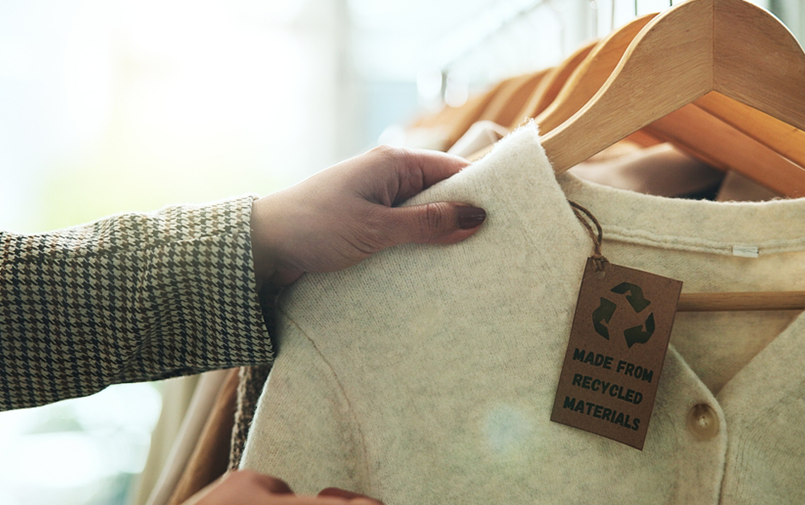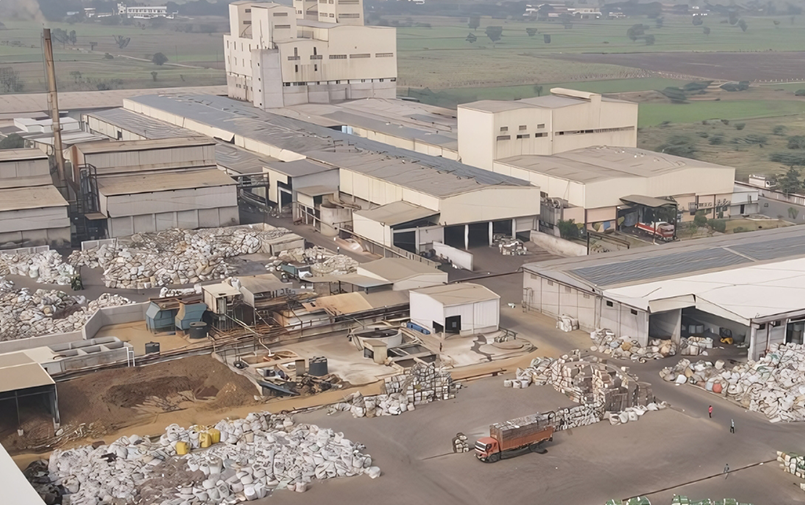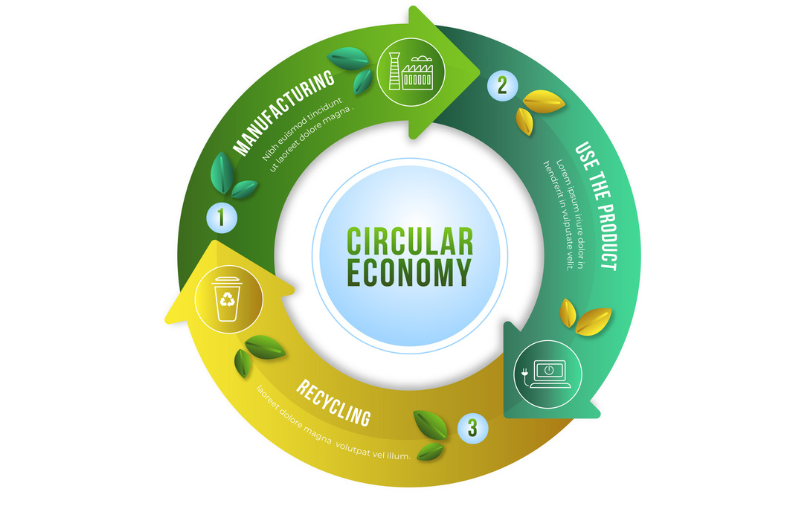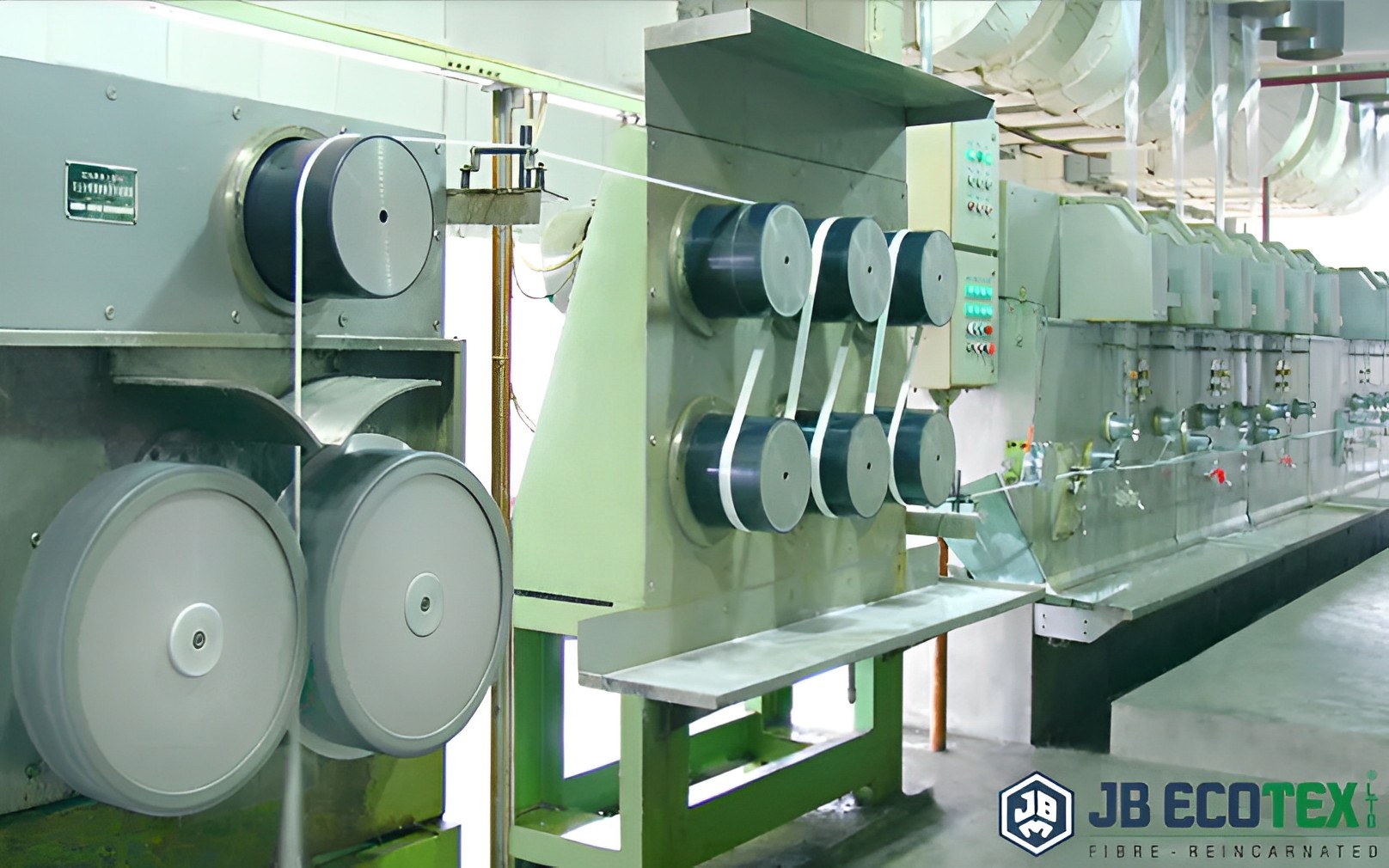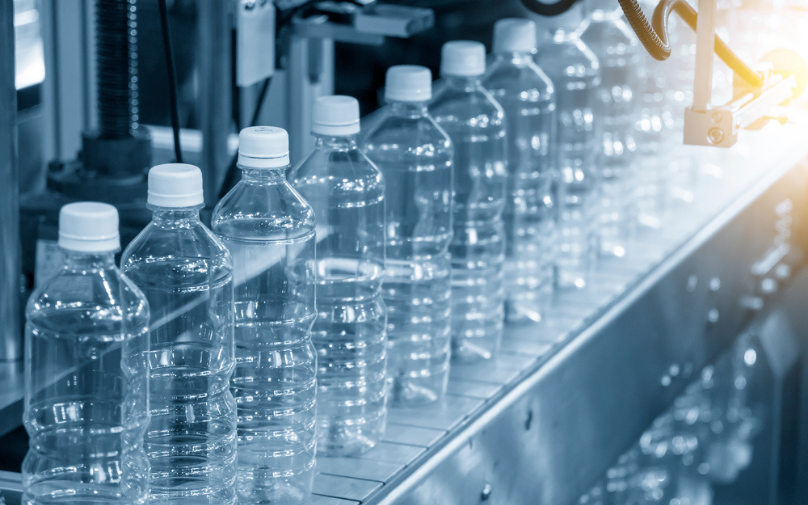
There was a time when recycling plastic felt like a nice idea. A good thing to do, when convenient. Today, that mindset has completely shifted. Recycling is no longer just a good deed. It is becoming a serious business advantage, a necessity for responsible manufacturing, and a key driver for future growth.
At JB Ecotex, we see this shift happening in real time. Every PET bottle recycled, every fibre repurposed, is a step toward a better industry and a better future. Owing to our experience in recycled PET fibre innovation, we believe understanding the real advantages of recycling plastic is not just important but critical for every manufacturer aiming to stay relevant.
Here is a closer look at the top 10 advantages of recycling plastic from a perspective rooted in experience, responsibility, and forward-thinking.
Advantages of Recycling Plastic: Driving Innovation and Sustainability
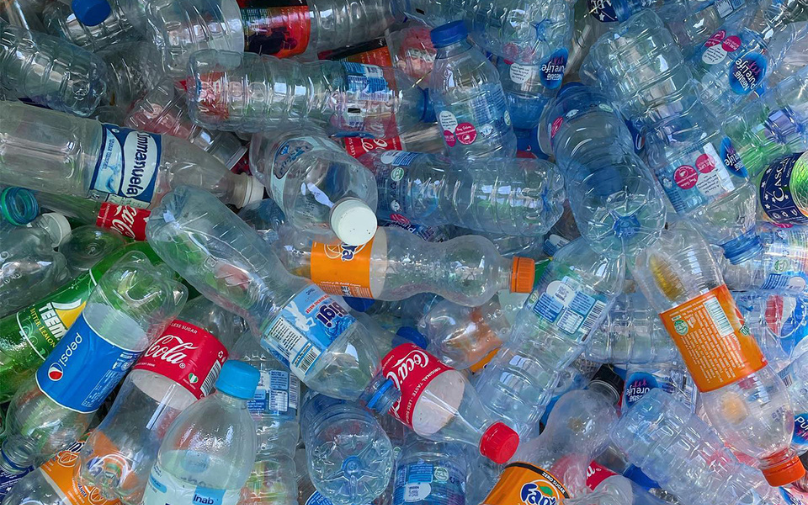
1. Cost Savings and Reduced Raw Material Dependence
One of the most immediate advantages of recycling plastic is financial. Relying on rPET chips and recycled polyester fibre cuts down dependence on virgin resin, which often fluctuates wildly in price. For manufacturers, this means better stability in planning and a healthier bottom line.
We have seen companies transition to recycled inputs and improve not just their sustainability scorecards but also their profitability.
2. Energy Efficiency and Lower Carbon Footprint
Recycling plastic consumes far less energy than producing new plastic from raw petroleum. Every time we convert discarded bottles into RPSF products, we bypass a huge portion of the energy-intensive extraction and refining stages. It is a small shift on paper, but multiplied across industries, it becomes a massive reduction in carbon emissions.
It is the kind of progress that cannot be ignored anymore.
3. Promoting a Circular Economy
What happens when products are designed to have a second, third, or even fourth life?
That is the power of the circular economy.
Textile industry recycling is an essential part of it. rPET chips, recycled polyester fibre, and high-strength fibre materials created through advanced fibre reinforcement techniques feed directly back into new product lines, keeping plastic out of landfills and oceans. It is a smarter, cleaner loop that makes true sustainability possible.
4. Enhanced Product Performance Through Innovation
One of the outdated fears about recycled plastic was that it would not perform well enough. Today, that fear is outdated.
Thanks to innovations in PET recycling, recycled materials now match virgin plastics. At JB Ecotex, our recyclable composite materials and recycled polyester staple fibre offer manufacturers the performance they need without compromise.
Innovation has made recycled materials not just an alternative but a real upgrade.

5. Regulatory Compliance and Market Access
Sustainability is no longer optional.
From Europe’s stringent plastic waste directives to India’s new EPR (Extended Producer Responsibility) mandates, manufacturers must show how they are reducing their environmental impact.
By integrating recycled PET fibre into your products, you not only meet these regulations but also position your brand as a leader committed to real change. It builds trust and opens doors to markets that are becoming more eco-conscious by the day.
6. Economic Growth and Job Creation
Recycling is not just good for the planet. It is good for people.
The plastic recycling industry supports jobs across collection, sorting, cleaning, processing, and manufacturing. By investing in recycled materials and infrastructure, companies contribute to economic resilience and offer meaningful employment. At JB Ecotex, we have seen firsthand how building a strong recycling network strengthens local communities.
7. Waste Reduction and Environmental Protection
Plastic pollution is not an abstract idea—it is a real and visible crisis. Every tonne of recycled polyester fibre we produce is one less tonne polluting our landfills, rivers, and oceans.
By choosing recycled materials like rPET chips, manufacturers are making a tangible impact in protecting ecosystems, wildlife, and human health.
8. Cost Reduction in Waste Management
For manufacturers, waste management costs are rising. Landfill fees, hazardous waste handling, compliance fines—it adds up quickly.
Recycling helps flip the script. By implementing closed-loop recycling systems, companies not only save on waste disposal costs but also turn waste into a profitable resource.
It is a shift from viewing waste as a problem to seeing it as a hidden asset.

9. Improved Supply Chain Stability
Virgin plastic supply chains are vulnerable to raw material shortages, geopolitical tensions, and pricing shocks.
Recycled plastics like rPET chips and RPSF products offer a more stable, predictable alternative.
10. Supporting Sustainable Textiles and Beyond
The textile industry is at a pivotal moment.
Consumers are demanding sustainable textiles that look good, feel good, and do good. Recycled polyester fibre delivers all three. Our RPSF range has helped brands reduce their environmental footprints without sacrificing style, strength, or comfort.
It is proof that sustainability and success can go hand in hand.
JB Ecotex’s Role in Advancing Plastic Recycling
At JB Ecotex, we are not just recycling plastic. We are reshaping industries with it.
Our core offerings include:
- Tenacity Recycled Polyester Staple Fibre: Designed for applications requiring high-strength fibre materials and advanced fibre reinforcement techniques.
- B2B rPET Resins: High-quality resins supporting sustainable packaging and manufacturing.
- PET Flakes and PET Chips: Essential building blocks for producing RPSF, recycled POY, PET sheets, and PET straps.
By driving innovations in recycled PET fibre, we empower manufacturers to transition smoothly toward a future built on circularity and resilience.
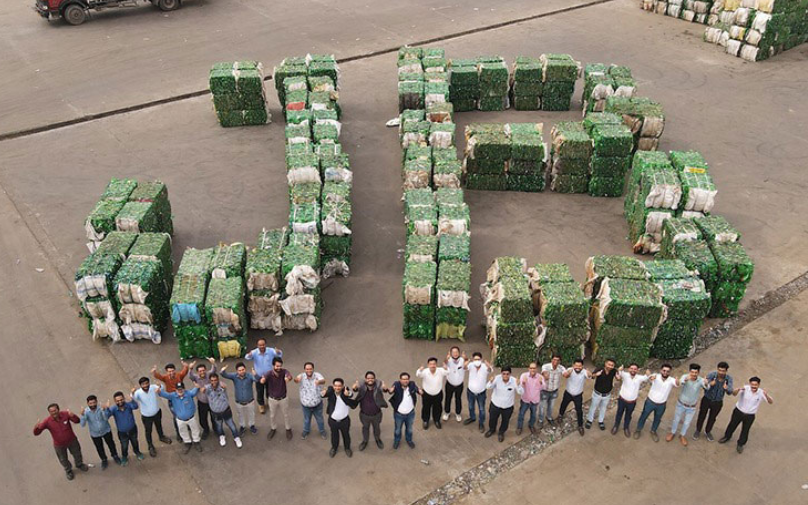
A Note for Consumers: How Your Choices Matter
While manufacturers and suppliers lay the groundwork, consumers bring the change to life.
Every time you choose products made from recycled plastics, you are voting for a cleaner, smarter economy. Supporting plastic recycling is about more than just sorting your waste. It is about creating demand for materials and products that respect the planet.
It is a reminder that big change often starts with small, everyday choices.
Conclusion
The advantages of recycling plastic are not theoretical. They are real, measurable, and growing stronger by the day. From cost savings and better supply chain stability to innovation in recycled PET fibre and environmental impact, recycling plastic is reshaping the way industries operate.
At JB Ecotex, we are proud to be part of this movement—not by talking about what could happen someday, but by making it happen today.
Because when we treat plastic waste as a resource instead of a burden, we open the door to a future where sustainability and success are the same thing.

